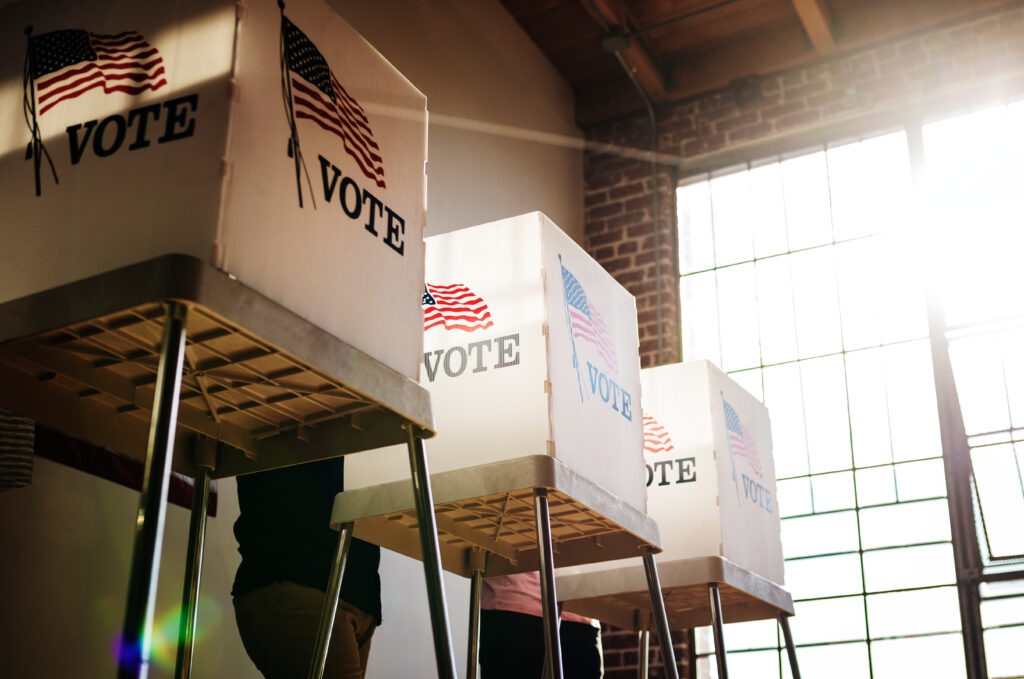New Lawsuit Says Georgia Election Law Could Disenfranchise Unhoused Voters

Civil rights advocates are suing Georgia Secretary of State Brad Raffensperger (R) over portions of a Georgia election law that challengers say could make it harder for eligible voters who are transient or unhoused to cast a ballot.
The complaint filed Tuesday takes issue with two provisions in Senate Bill 189, one of three voter suppression laws Republican Gov. Brian Kemp signed in May. The law took effect in July and makes it easier to challenge a voter’s eligibility.
Georgia stands as a pivotal swing state, currently facing nearly a dozen voting and election lawsuits, which could impact the outcome of the election.
Democracy Docket is the only news outlet tracking and reporting on all of these cases — sign up for our free daily and weekly newsletters to get the latest updates sent straight to your inbox.
The plaintiffs — the NAACP’s Georgia chapter and the Georgia Coalition for the People’s Agenda — are asking a federal district court to block enforcement of the provisions. The first, Section 4, stipulates that the “mailing address for election purposes of any person of this state who is homeless and without a permanent address shall be the registrar’s office of the county in which such person resides.”
Section 5 allows individuals to challenge an elector’s qualification based on the person having a “nonresidential address.”
Plaintiffs say the provisions could disenfranchise eligible Georgia voters who may not have traditional accommodations, such as student voters living in campus dorms, elderly voters residing in nursing homes and unhoused voters and other affected groups that may be classified as “nonresidential.”
Those voters could face “severe burdens on their fundamental right to vote, up to and including unlawful removal from the voter rolls and disenfranchisement.”
The controversial law has reportedly prompted a flood of voter challenges, primarily from Republican activists, causing an election board in Cobb County, one of Georgia’s largest counties, to adopt a rule to charge people for each challenge they bring. Even before this year, prospective challengers could bring unlimited voter challenges under a 2021 state law.
“Senate Bill 189 is an outrageous attack on the Black vote and the fundamental right to participate in our democracy,” Gerald Griggs, president of the Georgia NAACP, said in a statement. “This law not only targets our most vulnerable communities but also seeks to silence the voices that demand change.”
Georgia, a critical swing state in the 2024 race, has been a hotbed of anti-voting legislation and election denialism. A DeKalb County lawsuit is pending over a voter’s attempt to challenge the eligibility of hundreds of voters who are registered at nonresidential addresses, have changed their permanent residence or should have otherwise been removed from the voter rolls under Georgia law.